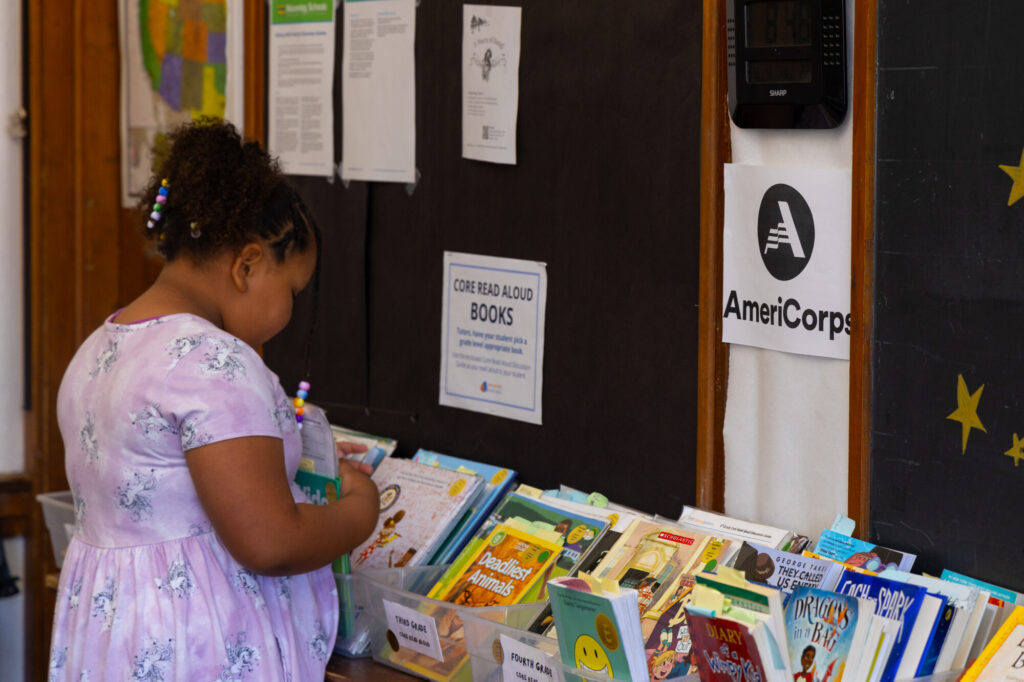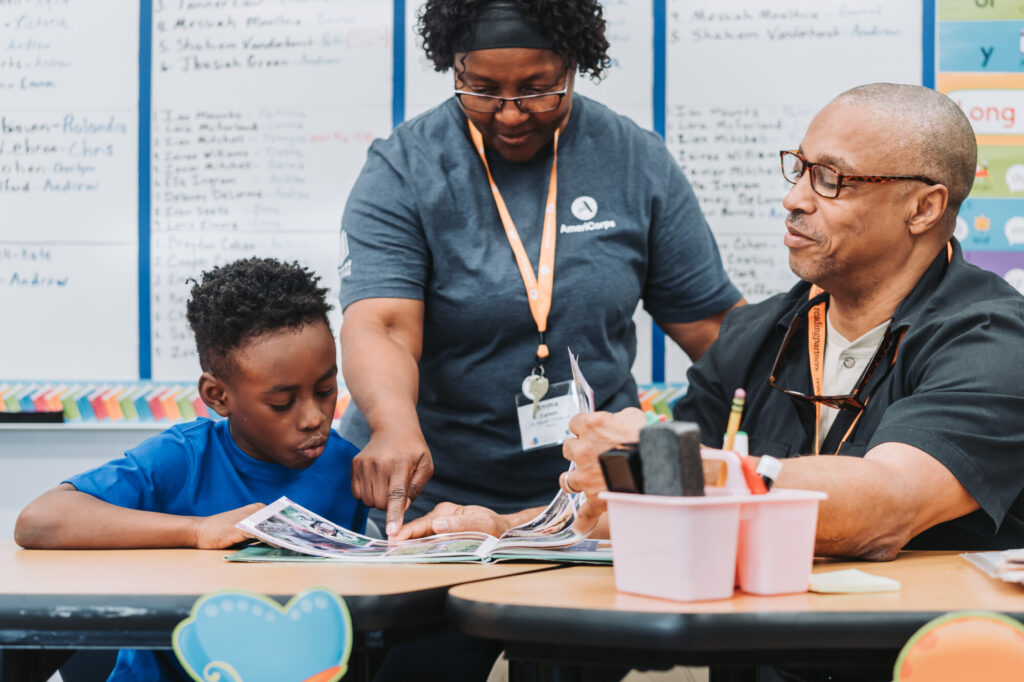
How parents can seek a balanced approach to their kid’s education
September 29, 2016
Community Engagement Coordinator*VISTA
When I was a child, trips to the library were frequent and highly sought-after outings. I still hold vivid memories of my brother, sister, and I loading into the car with our backpacks in tow, giddy with excitement as we thought about all the books we would soon get a chance to take home with us. Similarly, trips to college campuses were an exciting event. Each time we went on a family vacation, my parents would manage to sneak in a trip to a local college campus and remind my siblings and me about all of the wonderful experiences we would have when (not if) we went off to college.
Family trips to the library and college campuses are some of my most cherished childhood memories. Although I didn’t realize it at the time, these fun outings were actually paving the path toward educational success for my siblings and me.
According to a recent study published in The Broken Compass: Parental Involvement with Children’s Education conducted by Keith Robinson and Angel L. Harris, parental academic involvement can make a positive impact in how a student performs at school. This study observed the math and reading test scores over time of students with parents of varying forms of academic involvement. Results from this study revealed that parents who formed habits with their children— such as reading aloud to young kids and having conversations with teenagers about college plans— can lead to higher grades and test scores, and increases the likelihood of children graduating from high school and pursuing a postsecondary education.
It is worth noting, however, that not all forms of parental involvement lead to greater academic success. Some forms of parental participation did not make a difference in, or even negatively impacted a child’s performance in school. Parenting tactics such as frequently meeting with a child’s teacher, observing classroom learning, or enforcing strict rules about when and how homework gets completed do not contribute to academic success. Instead of creating an environment that encourages learning, this type of parental involvement may leave kids feeling anxious about school.
Of the students tested in this study, those who excelled academically and pursued a college education reported having parents who set high expectations but did not micromanage their academic endeavors in formal ways. These students reported that the foundation of their parents’ educational involvement occurred outside the classroom. This freedom allows children to form their own opinions, ask critical questions, and learn to advocate for themselves, all crucial skills that contribute to classroom success.
As I look back on my academic career, I see the many ways my parents’ interest in my studies allowed me to thrive in school. It is largely due to their involvement that I grew to love subjects such as reading and math, and was able to achieve my dreams of graduating from college. Their constant communication, support, and high expectations helped ingrain the importance of education in me and reminded me of my limitless potential. I am so grateful to have grown up in a household that celebrated learning, while also providing me with the independence to develop my own academic interests.
The key to ensuring a child is flourishing in the classroom lies in encouraging learning at home. When parents demonstrate a sincere interest in education and set high academic expectations, children are taught to value learning and strive to excel.




